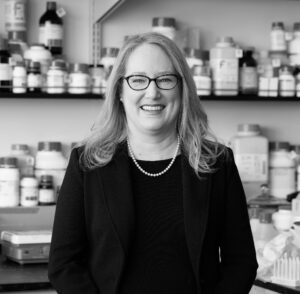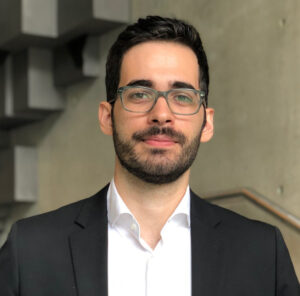
Michaelle Mayalu
Dr. Michaëlle N. Mayalu is an Assistant Professor of Mechanical Engineering. She received her Ph.D., M.S., and B.S., degrees in Mechanical Engineering at the Massachusetts Institute of Technology. She was a postdoctoral scholar at the California Institute of Technology in the Computing and Mathematical Sciences Department. She was a 2017 California Alliance Postdoctoral Fellowship Program recipient and a 2019 Burroughs Wellcome Fund Postdoctoral Enrichment Program award recipient. She is also a 2023 Hypothesis Fund Grantee.
Dr. Michaëlle N. Mayalu’s area of expertise is in mathematical modeling and control theory of synthetic biological and biomedical systems. She is interested in the development of control theoretic tools for understanding, controlling, and predicting biological function at the molecular, cellular, and organismal levels to optimize therapeutic intervention.

